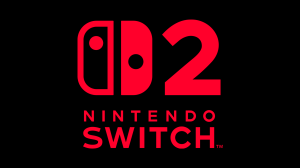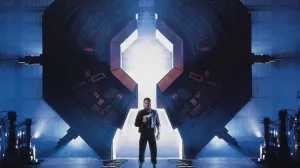Many science-fiction TV shows have tried to capture the magic and impact of Lost since the ABC series’ finale in 2010, but have failed miserably time and again. Created by J. J. Abrams, Damon Lindelof, and Carlton Cuse, Lost became one of the most successful shows on TV throughout its six-season run between 2004 and 2010. The series explored the story of a group of plane crash survivors who find themselves on an unusual island inhabited by supernatural forces and hostile natives. Lost’s influence has tried to be replicated several times since its finale, but seldom successfully.
Videos by ComicBook.com
Since Lost came to an end in May 2010, the ABC series has been cited as a key influence many of its contemporaries. Series have tried to replicate Lost’s reliance on an ensemble cast, its nonlinear narrative, its focus on mysteries, sci-fi, and the supernatural, and the importance of survival in the face of strange challenges. Unfortunately, however, Lost’s magic seems to be impossible to copy in the modern era, as many shows have tried and failed to become “the new Lost,” including these ten sci-fi shows that have released in the years since.
10) Alcatraz (2012)
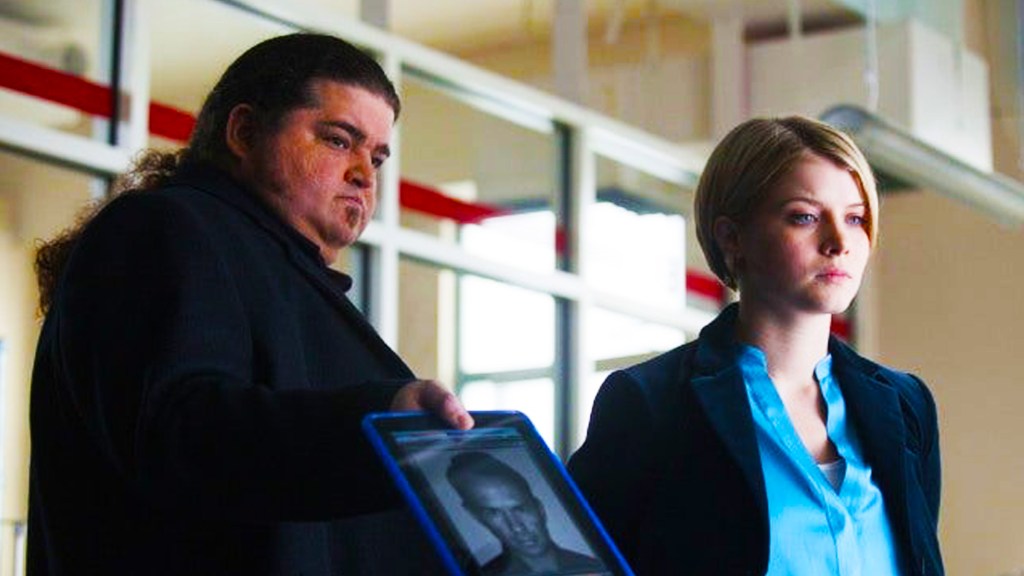
Developed by J. J. Abrams in the wake of Lost’s finale, Alcatraz saw the prisoners and guards of Alcatraz prison appearing in modern-day San Francisco after mysteriously disappearing in 1963. Alcatraz took place over multiple time periods, just like Lost, and even starred Lost’s Jorge Garcia as Dr. Diego Soto, who joined Sam Neill’s Emerson Hauser and Sarah Jones’ Rebecca Madsen in tracking down the returned prisoners. Alcatraz certainly had the potential to become the “new Lost,” but its story was underdeveloped, it only focused on its surface-level mystery, and the series failed to live up to audience expectations.
9) The I-Land (2019)
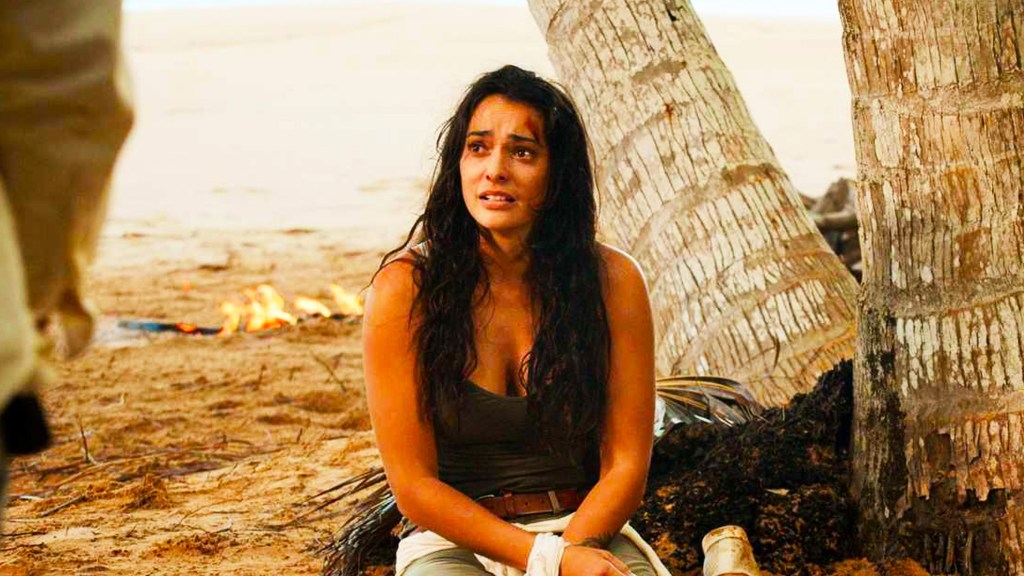
Released on Netflix in 2019, The I-Land explored the stories of ten people who wake up on a desert island with no memory of how they got there or who they are. The island setting and ensemble cast were clearly reminiscent of Lost, but the mystery of who these characters are and what their purpose is was unravelled too quickly to become a long-running narrative like the exploration of Lost’s island. Lost had nuance and clever storytelling techniques, but The I-Land failed to replicate these, creating a slow and convoluted story that failed to live up to its sci-fi predecessor.
8) The River (2012)
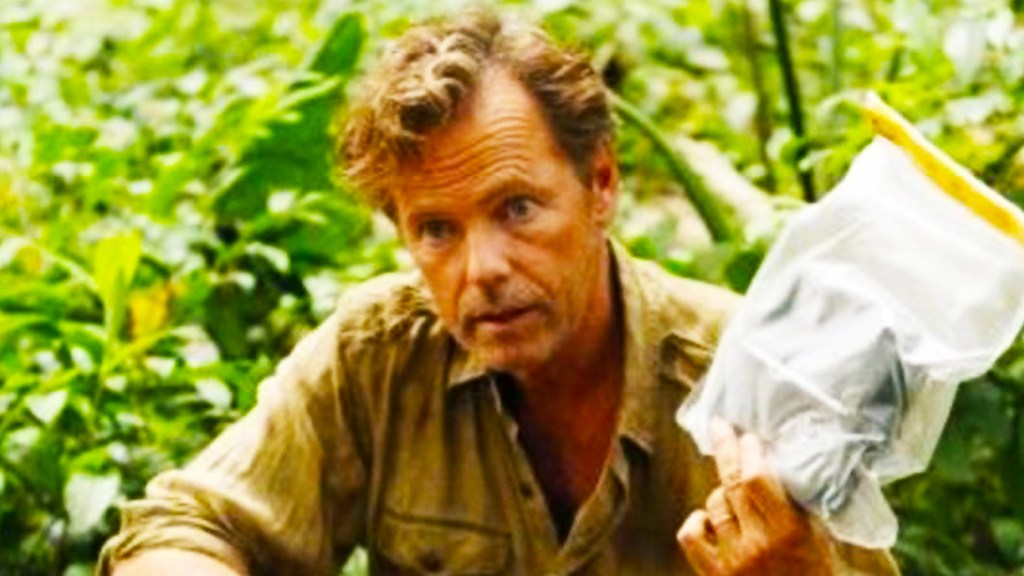
Developed for ABC as a mid-season replacement, The River was clearly an attempt by the network to replicate Lost’s place in its schedule. The series was designed to explore a long-running, overarching mystery focused on Lincoln and Tess Cole’s (Joe Anderson and Leslie Hope) search for the former’s missing father, Dr. Emmet Cole (Bruce Greenwood), from a magic uncharted area of the Amazon basin. The River got an eight-episode release, which meant that its story lacked depth, while the found-footage format was viewed as little more than a gimmick, contributing to the show’s low ratings and cancellation.
7) Fringe (2008-2013)

Anna Torv starred in Fringe as FBI Agent Olivia Dunham, who was tasked with leading a new unit that uses fringe science to investigate unexplained occurrences connected to the existence of a parallel universe. This is reminiscent of Lost’s flash-sideways in its final season, with Fringe’s mystery-box narrative introducing many questions that took a while to answer. Fringe thankfully got five seasons to uncover its mysteries, with most episodes acting as standalone stories supporting an overarching narrative, similar to Lost’s use of flashbacks. Fringe was a success, but it still didn’t receive the same notoriety and impact of Lost.
6) La Brea (2021-2024)
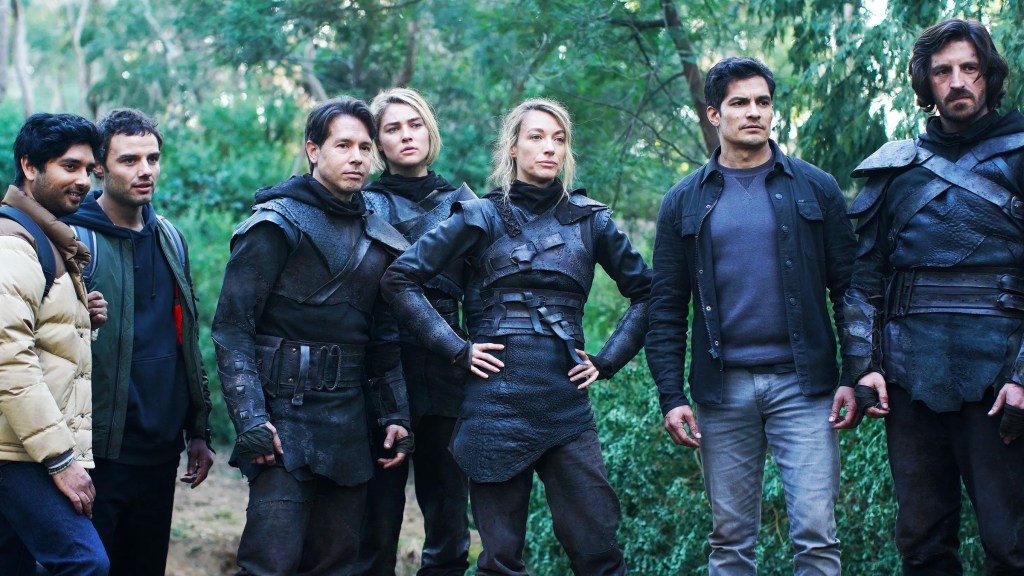
La Brea replicated Lost’s dramatic and mysterious catastrophic opening by having an area of Los Angeles disappear into a massive sinkhole, trapping those affected in a dangerous primeval land. La Brea explored its story over various timelines and with a time-twisting narrative that relied on sci-fi and magic elements to enhance its mystery. Series creator David Appelbaum has explicitly stated that Lost was a source of inspiration for La Brea, but even though the series released over three seasons, it never received the same level of recognition and garnered mixed reviews.
5) The Society (2019)
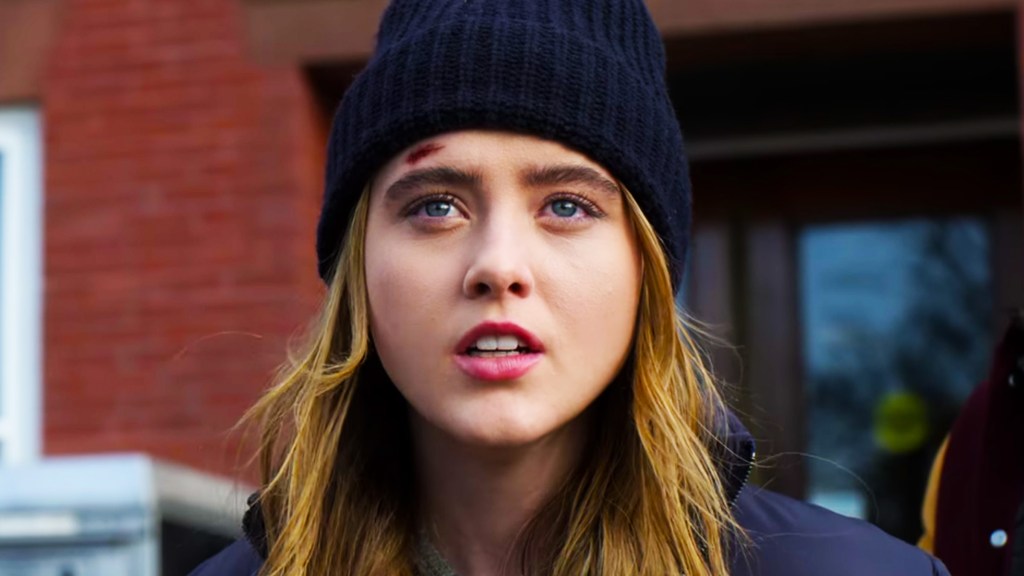
When a group of teenagers learn that the rest of the population of their town has disappeared, they band together to form a new community and learn how to survive independently. This is seriously reminiscent of how the survivors in Lost form their own pseudo-society on the island, though The Society takes place in a much more urban setting. The series’ ensemble cast, mysterious opening, and slow release of information resembled Lost, but The Society only got one season to unravel its mystery, which meant that it failed to live up to expectations.
4) Revolution (2012-2014)
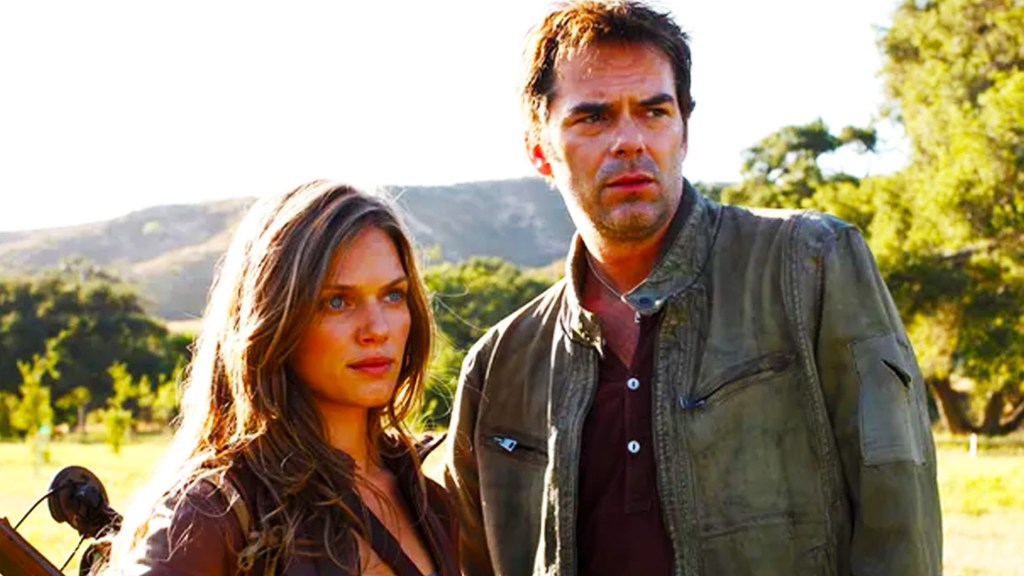
J. J. Abrams’ involvement in the production of Revolution is a clear link to Lost, and the series’ employment of its mystery elements – albeit a very different mystery – clearly tried to replicate Lost’s enigmatic narrative. The worldwide electrical blackout affected more people than just the survivors of one plane crash, but Revolution’s specific exploration of its ensemble cast and its character-driven storylines were reminiscent of Lost. Elizabeth Mitchell made the move from Lost to Revolution, playing Juliet Burke in the former and Rachel Matheson in the latter, but even Mitchell wasn’t able to made Revolution more of a success.
3) FlashForward (2009-2010)
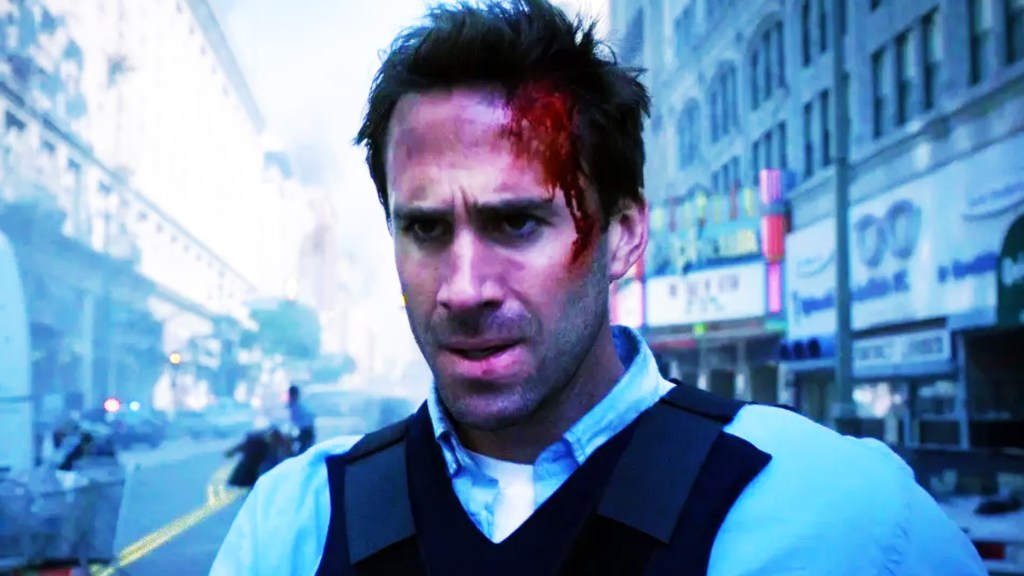
With a large ensemble cast and a similar high-concept mystery narrative, FlashForward’s resemblance to Lost is clear. The ABC series also used a nonlinear narrative to uncover the details of its characters’ histories and flashes six months into the future, and FlashForward also intensely focused on the conflict between free will and determinism, just like Lost. FlashForward shared several cast members with Lost, including Dominic Monaghan and Sonya Walger. In 2015, Flashforward novel writer Robert J. Sawyer shared a memo listing his ideas for a possible second season that argued how FlashForward failed to become the “new Lost.”
Sawyer suggested FlashForward forgot about its catastrophic disaster too quickly, while Lost focused on the plane crash for a long time, arguably until some of the survivors chose to move to the caves inland. Sawyer also commented on how the series didn’t explore the flashforwards of others outside the core cast, and this focus made the worldwide disaster seem too small and insignificant. He posited that season 1 finale’s flashforward could have actually killed everyone not wearing a QED ring, allowing a second season to become more like Lost with a more confined story, but this never came to pass.
2) The 100 (2014-2020)
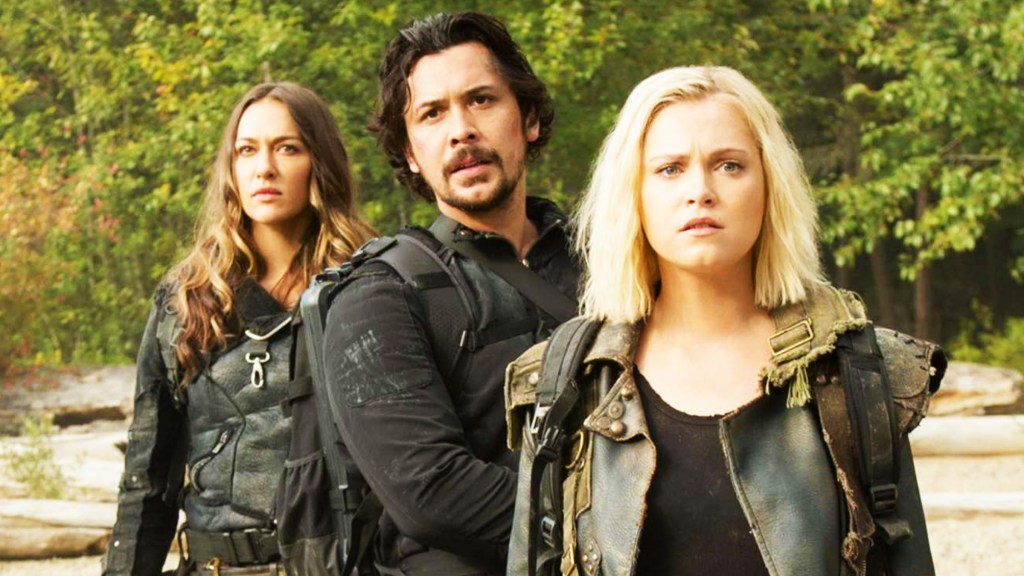
Lost knew when to come to an end, and while the series finale was controversial, it provided a satisfying conclusion to the popular series. The 100 failed at this, as many agree that the CW series went on too long and didn’t know when to stop. The 100 brought juvenile delinquents back to Earth 97 years after a nuclear apocalypse, where they form a new community, meet hostile natives, and learn how to survive. Despite focusing on an ensemble cast, which included Lost’s Desmond Hume, Henry Ian Cusick, The 100 overused its storylines and failed to complete its characters’ arcs.
1) Manifest (2018-2023)
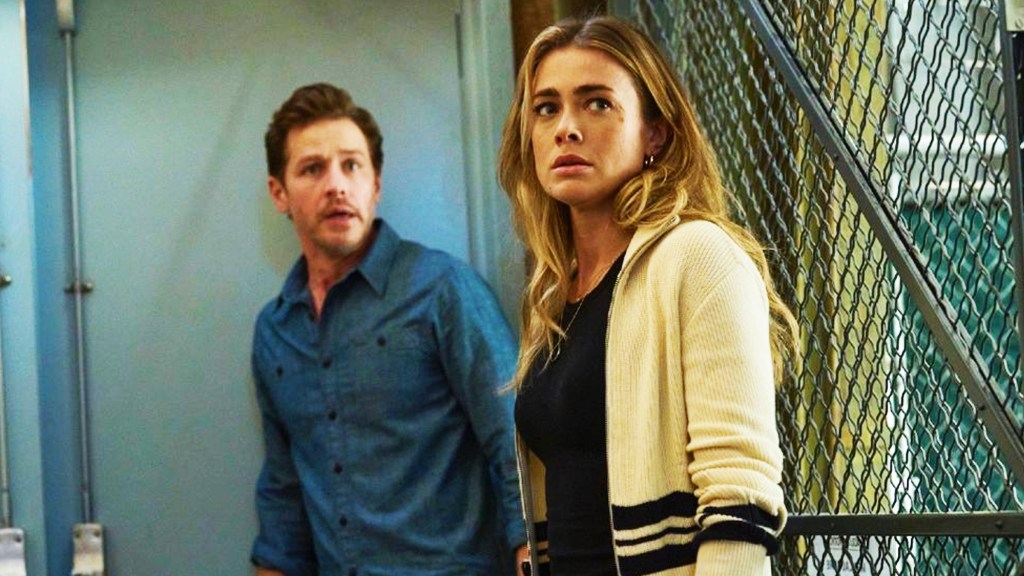
Manifest’s connections to Lost are clear from the start, as the series saw the passengers aboard Montego Air Flight 828 travel five years into the future during a period of turbulence in the air. They return to the surface with strange precognitive gifts, and must unravel the mystery of what happened to them and how to live in a world where everyone they know has changed after presuming them dead. The series was cancelled by NBC, which is never a good sign, before being revived on Netflix for a final season. The series balanced supernatural elements with very human storylines, and spanned four seasons of varying success, but still failed to live up to the impact of its mysterious predecessor.
What do you think? Leave a comment below and join the conversation now in the ComicBook Forum!





